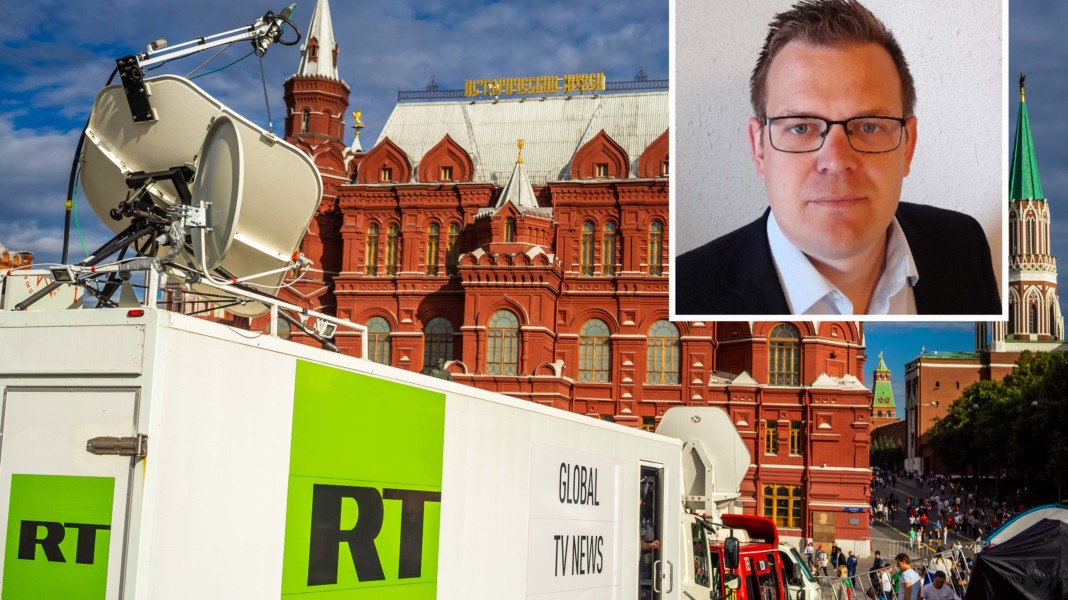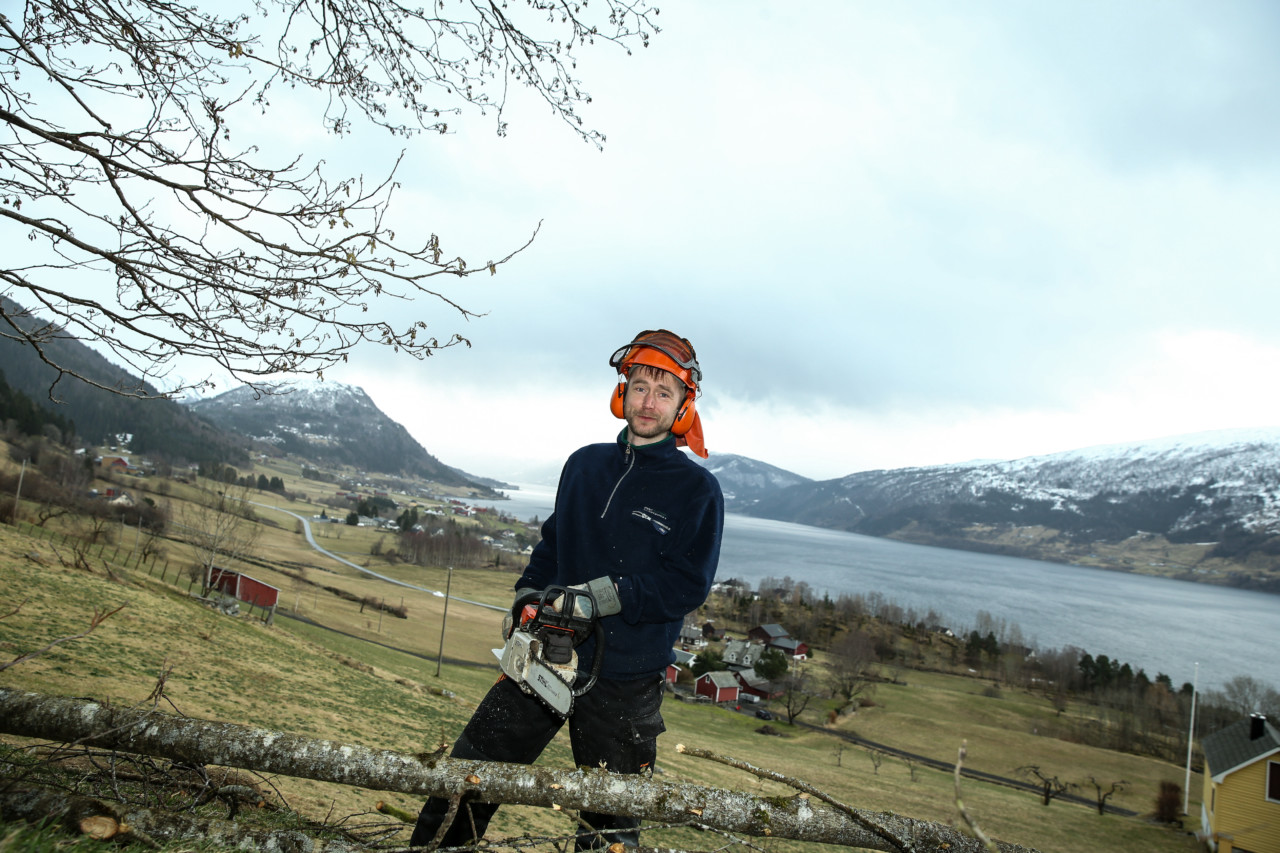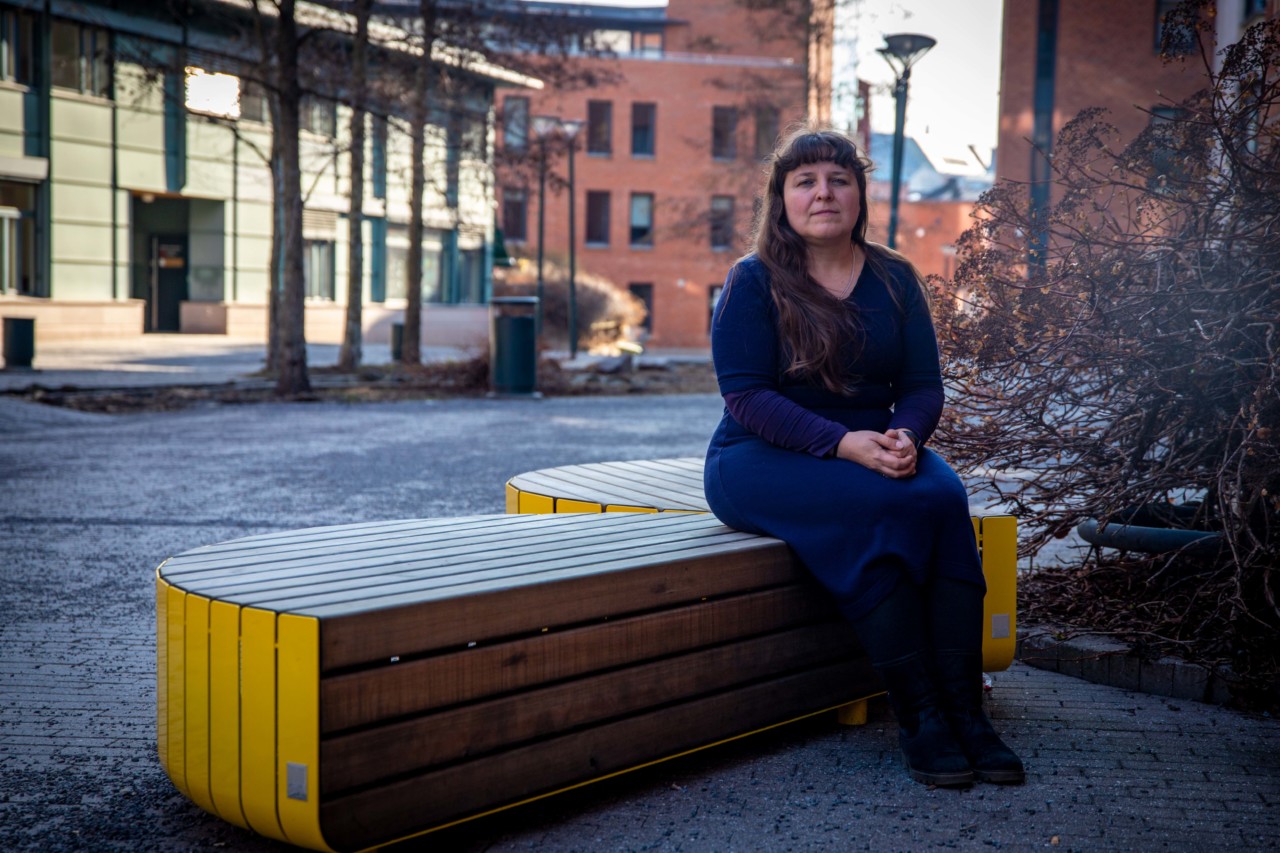
Av Forskerforum
Publisert 4. april 2022 kl. 13:52
Professor Glenn Diesen, Russia researcher at the University of South-Eastern Norway (USN), authored over fifty commentary pieces for the state-run Russian news channel RT last year.
‘He ought to resign and apologise,’ says Aage Borchgrevink from the Norwegian Helsinki Committee. However, Diesen, who is opposed to Russia’s war on Ukraine, believes that it is important to understand the opposing side, and so intends to continue writing. He has been given the backing of Rector Petter Aasen, who has defended the professor’s right to free expression.
For around a decade, Kristian Kobbenes Starheim (pictured) worked as a medical researcher, publishing in a range of prestigious publications.

In 2021 he made the decision to resign from his job at NTNU, move to a small farm, and start teaching at a local school. The problem, he says, was that if he failed to bring in sufficient funding he stood at risk of losing his job – he was ‘permanently temporary’.
‘I was actually quite good at pulling in funding, but it was hard to attract the large sums needed so the group could have some muscle,’ he says.
This was necessary to produce research of international quality. However, ‘as with much Norwegian research, we were forced to publish quickly, so the standard was lower.’
As project leader he was also responsible for a research fellow and several masters students. ‘It was all about bringing in enough money so that I had a job to go to. It got to the stage where I could no longer see the point of the situation.’
We recently spoke to Elena Tkachenko from OsloMet about the freezing of academic cooperation with Russia.

Here are some highlights:
On sanctions against Russian researchers:
‘Students and academics ask questions, employ critical thinking, spread information and dare to show their dissent – so western institutions ought to support them. I’m afraid that sanctions will be counterproductive and work in Putin’s favour.’
On the risks of cutting ties:
‘There’s a risk of increased polarisation, of diminished openness and fewer opportunities for real dialogue and collaboration. It’s difficult to think critically and form your own opinion when you only hear one narrative.’
On practical alternatives:
‘We must dare to show support and have those difficult conversations. We need to demonstrate an understanding of the situation, which can have great consequences for them and their families. It’s not always certain that what they say is what they actually think.’
More higher-level management and less bureaucracy was the message when the public financing committee published its recommendations for the future funding of universities and colleges. They also propose to abolish the controversial publishing indicator system, which rewards institutions for the number of scientific articles they get published.
‘The indicator had an effect when it was first introduced, but we see clear signs of a different publishing culture in the sector now, especially among younger researchers,’ committee head Siri Hatlen tells Forskerforum.